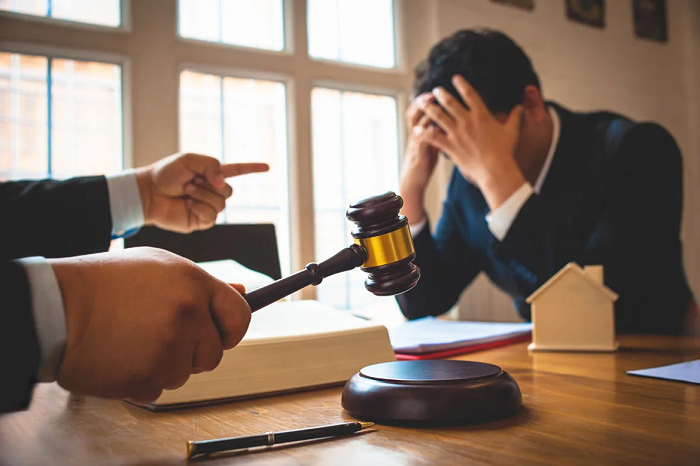Bankruptcy of an individual (ordinary citizen) is the recognition of his inability to fully repay debts or make mandatory payments.
It helps you legally get rid of debts if you cannot pay them. This includes not only debts on bank loans, but also on microloans, fines, taxes, payments for housing and communal services and others.
A citizen is required to file for bankruptcy if the amount of his obligations is at least ₽500 thousand, and the delay on them is three months. This must be done no later than 30 business days from the day the person realized or should have realized that he cannot pay off his debts in full.
If the debts are less than ₽500 thousand, but the debtor understands that he cannot fulfill his obligations because he is insolvent, then he has the right to file for bankruptcy. That is, this is no longer an obligation, so in this case a person can decide for himself.
Signs of insolvency
- You have stopped paying debts that are already due.
- You are overdue for more than one month on more than 10% of all obligations.
- Your debts are greater than the value of your property.
- You have a decree ending enforcement proceedings because you have no property that can be collected.
In addition, you can declare yourself bankrupt if there are circumstances that prevent you from paying your debts. For example, if a person is seriously ill, he was fired from work, he suffered from a natural disaster, etc.










